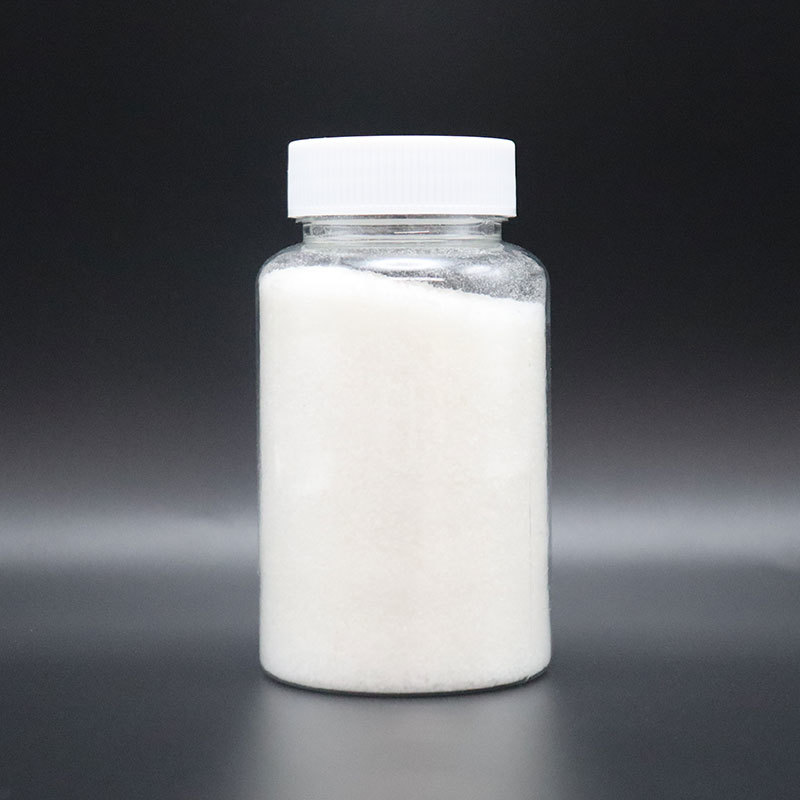High Molecular Weight Polyacrylamide: Technological Innovations by Gongyi Xinqi
Release time:
Sep 03,2025
1. Product Specifications & Manufacturing Process
As a leader in specialty polymer synthesis, Gongyi Xinqi offers a comprehensive polyacrylamide (PAM) portfolio with tailored ionic characteristics: cationic for high-charge applications, anionic for mineral processing, and non-ionic for pH-sensitive systems. Our oxygen-free continuous polymerization technology enables precise molecular weight control (5-25 million Da) with pharmaceutical-grade purity (>99% monomer conversion). The proprietary purification system maintains residual acrylamide below 0.3%, exceeding the EU REACH 0.1% standard for potable water applications.

2. Synthesis Technology Breakthroughs
Initiation System Optimization: The redox system (ammonium persulfate/TMEDA) achieves 92% initiation efficiency at reduced temperatures (35-50°C vs conventional 70°C). Urea serves dual functions as chain transfer agent and thermal stabilizer, enabling molecular weights up to 15 million Da without crosslinking.
Energy-Smart Production: Continuous flow technology reduces cooling energy consumption by 30% through advanced heat exchange networks, delivering 15% higher space-time yield than batch processes.
Custom Polymer Engineering: Computer-controlled monomer feed adjustment allows precise hydrolysis degree (10-50%) and charge density (±0.5-8 meq/g) customization for specific industrial needs.
3. Industry-Specific Performance Data
Mining Wastewater Treatment: Cationic PAM (12 million Da, 40% charge) achieves 98% turbidity reduction at 2 ppm dosage in copper tailings, with 60% lower sludge volume versus traditional coagulants in Shanxi coal mines.
Enhanced Oil Recovery: Nano-dispersed PAM (80-150 nm) shows 120% higher injectivity in 50 mD formations, boosting oil displacement efficiency by 18% through viscoelastic flow control.
Biomedical Applications: FDA-cleared non-ionic PAM hydrogels with tunable stiffness (0.5-80 kPa) serve as 3D bioprinting scaffolds for tissue engineering.

4. Quality Assurance System
ISO 17025-certified testing includes:
Rheological profiling (Haake RheoStress, 0.1-1000 s⁻¹ shear range)
Molecular weight distribution (GPC-MALLS)
Accelerated stability studies via Arrhenius modeling
5. Eco-Innovation
EcoPAM® features biodegradable ester linkages (90% degradation in 180 days per OECD 301B), reducing aquatic toxicity (Daphnia magna LC50 from 12% to 0.8%) in textile wastewater treatment.
Related News
Nov 06,2025
Nov 06,2025
polyacrylamide suppliers in egypt
Sep 28,2025
polyacrylamide suppliers south africa
Sep 28,2025
polyacrylamide suppliers in india
Sep 28,2025
Polyacrylamide Supplier in Malaysia
Sep 28,2025

